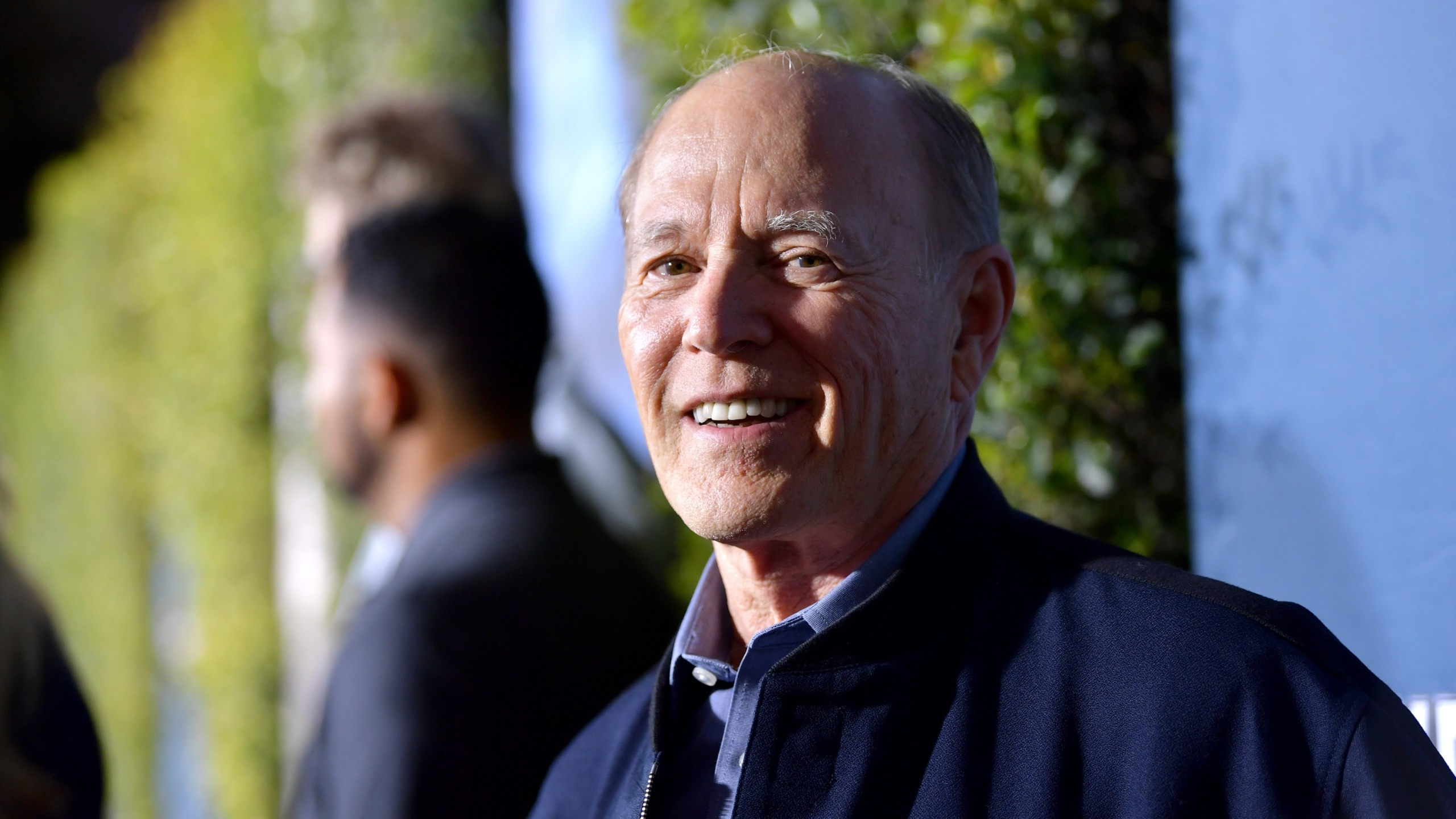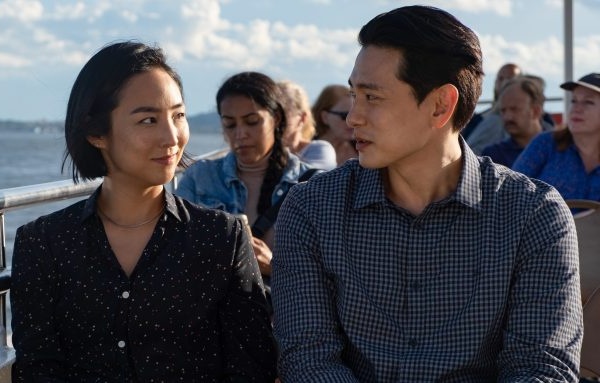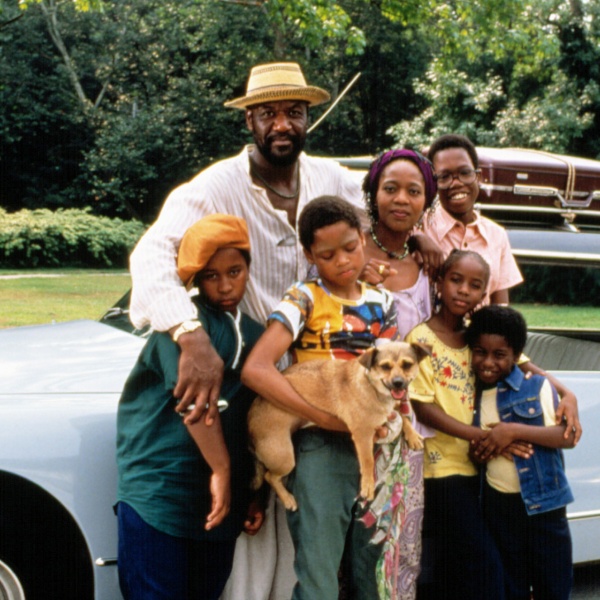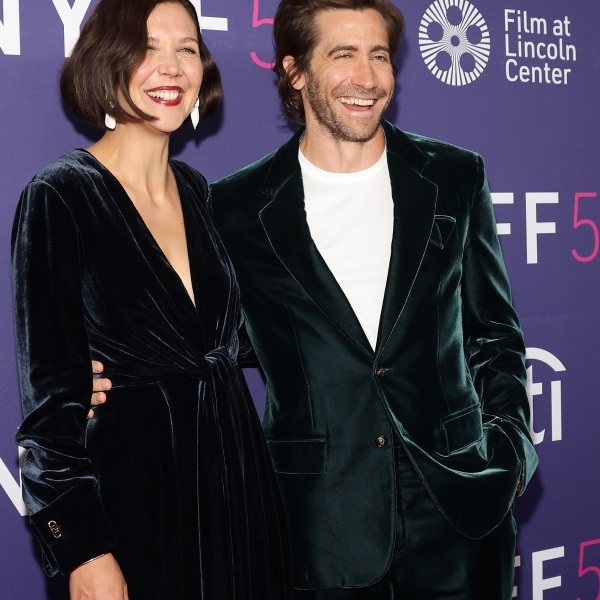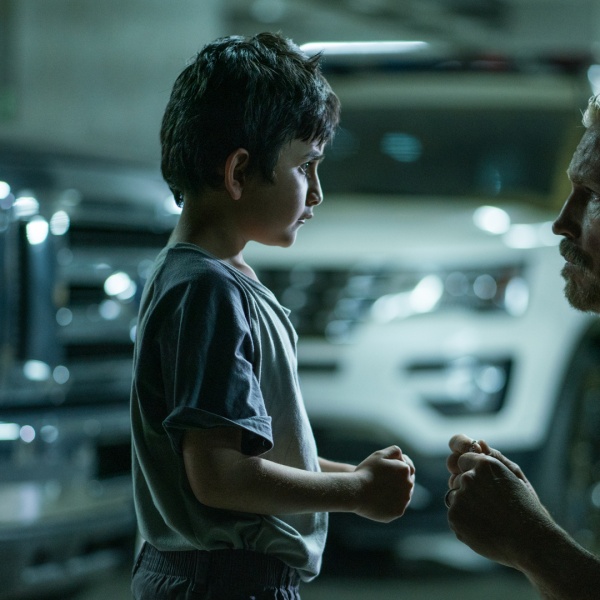While much of Hollywood endures a forced vacation due to strike-related shutdowns, Frank Marshall has a different way to stay busy. Over the past three years, the producer best known for overseeing the “Indiana Jones” franchise with his wife Kathleen Kennedy has moonlighted as a documentary filmmaker. “I’m lucky that as long as I break even I’m happy,” Marshall said during a recent interview with IndieWire. “I really love the excitement and freedom that documentary filmmaking brings.”
Now, a few weeks after journeying to Cannes for the premiere of “Indiana Jones and the Dial of Destiny,” Marshall arrives at the Tribeca Festival to premiere “Rather,” an affectionate portrait of 92-year-old news anchor Dan Rather. He has one feature in production, the “Twister” sequel “Twisters,” which is halfway done (“they have a script,” he said), but other announced projects like “Spinal Tap II” have been put on hold. So Marshall is already deep into editing yet another documentary, this one focused on The Beach Boys. “I have no idea how long this will go on,” he said. “When it’s a doc, it doesn’t affect me.”
Still, the strike has given much for Marshall and Kennedy to consider about the future. When asked about the WGA’s demands at a Cannes press conference for “Indiana Jones and the Dial of Destiny,” Marshall ceded to Kennedy, who was seated by his side. “I would like to see the whole situation resolved by truly being in an environment where people can talk about what are some really complicated issues right now that are affecting the entire industry,” she said. “You can’t do any of this without great writing. … I am in full support — I know most people are in full support — of the writers getting what they deserve.”
Now, with the DGA avoiding a strike by agreeing to a new three-year deal with studios and SAG voting for strike authorization if it doesn’t reach a new deal by the end of the month, the situation has grown more complicated. “We have to figure out a new formula,” Marshall said. “There are new things that we have to deal with. I was encouraged by the DGA working things out and I hope this leads to both WGA and SAG coming to terms with the producers. We need to be fair to both sides. Both sides have points and they need to work that out.”

It just so happens that the new “Indiana Jones” movie reflects one ongoing concern for the guilds, as the movie makes extensive use of A.I. to reconstruct Harrison Ford’s face and present an earlier version of the character who resembles his appearance in the movies they produced four decades ago.
“You can’t just say ‘no A.I.,’” Marshall said. That’s why these discussions have to go on. We have to figure that out.” With “Indiana Jones,” Lucasfilm drew on decades of Ford footage to de-age its lead. “That’s a great tool,” Marshall said. “But it’s not something we’re going to use all the time. It just doesn’t do it all the time.” While actors fear that A.I. could be used to exploit their likeness indefinitely, Marshall wasn’t convinced. “The key with Harrison was that we had so much reference when he was at that age, and we have him, so it’s a different issue actor to actor,” he said. “They have to come up with some sort of compromise that makes sense for everybody.”
Meanwhile, the WGA has insisted on a deal with the AMPTP that would bar studios from having writers adapt A.I.-generated ideas unless the writers received original writing credit. For now, Marshall said, the technology didn’t seem like a major threat to the writing process. “It’s not the answer, it’s a tool,” he said. “I don’t use it. We have to write from up here. People write about feelings. AI doesn’t have feelings, emotion, humor, all those things.”
Like most of Hollywood, Marshall is no stranger to production shutdowns. “Jurassic World: Dominion” was the first major studio project to complete its production with its cast and crew under living under quarantine (a situation that inspired Judd Apatow’s Netflix comedy “The Bubble”). Then came “Indiana Jones and the Dial of Destiny,” shot throughout the second half of 2021 and into early 2022, as the pandemic continued to complicate plans. “It was not as much fun as it was on the other four movies, but we made it through,” Marshall said.
At Cannes, Ford received a lifetime achievement tribute that doubled as a send-off to his most famous creation. “It was surprisingly emotional,” Marshall said. “When you really think about it, we’ve been a family for over 40 years.”
Marshall’s own entry into the film business goes back much farther than that, as he was enlisted to work on Peter Bogdonavich’s 1968 debut “Targets” after encountering the filmmaker at a birthday party for John Ford’s daughter. Now, at the age of 76, Marshall looks back on that journey through the Hollywood of the 1970s and 1980s with some measure of nostalgia.
“Back then, the studios all had their own identity,” he said. “When we were making picture at Warner Bros., or Universal, or Paramount, or MGM, who was running it and what they were looking for. Now it’s kind of a gumbo where they all want a franchise but they’re a tiny piece of that corporation. Does it go to streaming? Does it go to theaters? There are so many pressures on young filmmakers.”
He saw one silver lining though. “You couldn’t make a movie on your phone then,” he said. “The good news is that there are so many more outlets for film. So make a good story, write a good script, it still boils down to that. The talent will rise. The entry point is just different.”

Marshall said he felt a certain kinship with Rather, the subject of his latest documentary, as the newsman navigated the growing commercial demands of the TV space through several eras. The movie follows Rather from his breakthrough moment covering Hurricane Carla for Houston’s local CBS affiliate in 1961 all the way through his current status as a social media celebrity. “We all know what that corporate pressure is like,” Marshall said. “It’s ratings, it’s eyeballs, clicks, and data.”
As the documentary points out, Rather’s irascible persona has transitioned well into the social media age, as his Twitter account has amassed close to 3 million followers. However, his earlier career hit an unceremonious endpoint after the reporting on a story about George W. Bush’s military record was called into question during the 2004 presidential campaign. He was fired by the network two years later. (Marshall hasn’t seen “Truth,” the 2015 dramatization of these circumstances that starred Robert Redford as Rather.) “The story was true as far as I can tell,” Marshall said. “I do feel that he looks back and thinks he might’ve done things differently then. He was not reluctant at all to talk about it. I think it’s a good thing that we all make mistakes.”
Marshall wasn’t sure if Rather’s particular brand of muckraking journalism and no-nonsense tone could survive in the current era of cable news. “We still need people who have principles, integrity, and believe in telling the truth,” he said. “The world has changed for all of us on the entertainment side. The studios are all owned by these big conglomerates. When those things started to change, when it was all about making money.” He smiled, then added: “That’s a whole other documentary.”
“Rather” will have its world premiere at the 2023 Tribeca Festival.
